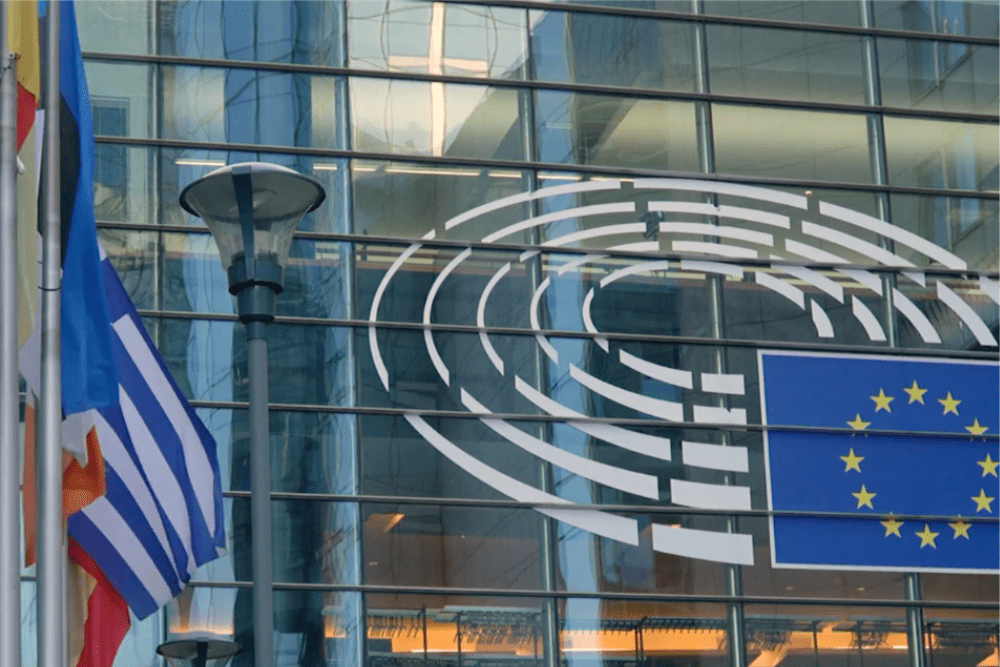Parliament on Wednesday adopted its position on the Commission proposal for a Soil Monitoring Law, the first-ever dedicated piece of EU legislation on soils health, with 336 votes to 242 and 33 abstentions.
MEPs support the overall aim to have healthy soils by 2050, in line with the EU Zero Pollution ambition and the need for a harmonised definition of soil health as well as a comprehensive and coherent monitoring framework to foster sustainable soil management and remediate contaminated sites.
The new law will oblige EU countries to first monitor and then assess the health of all soils on their territory. National authorities may apply the soil descriptors that best illustrate the soil characteristics of each soil type at national level.
MEPs propose a five-level classification to assess soil health (high, good, moderate ecological status, degraded, and critically degraded soils). Soils with either good or high ecological status would be considered healthy.
Contaminated soils
According to the Commission, there are an estimated 2.8 million potentially contaminated sites in the EU. MEPs support the requirement to draw up a public list of such sites in all EU countries at the latest four years after entry into force of this Directive.
EU countries will also have to investigate, assess and clean up contaminated sites to address unacceptable risks to human health and the environment due to soil contamination. Costs must be paid by polluters in line with the ‘polluter pays’ principle.
Quote
After the vote, rapporteur Martin HOJSÍK (Renew, SK) said: “We are finally close to achieving a common European framework to protect our soils from degradation. Without healthy soils, there will be no life on this planet. Farmers’ livelihoods and the food on our table depend on this non-renewable resource. That is why it is our responsibility to adopt the first piece of EU-wide legislation to monitor and improve soil health.”
Next steps
Parliament has now adopted its position at first reading. The file will be followed up by the new Parliament after the European elections on 6-9 June.
Background
Around 60-70% of European soils are estimated to be in an unhealthy state due to issues such as urban expansion, low land recycling rates, intensification of agriculture, and climate change. Degraded soils are major drivers of the climate and biodiversity crises and reduce the provision of key ecosystem services costing the EU at least €50 billion per year, according to the Commission.
This legislation responds to citizens’ expectations to protect and restore biodiversity, the landscape and oceans, and eliminate pollution as expressed in proposals 2(1), 2(3), 2(5) of the conclusions of the Conference on the Future of Europe.






